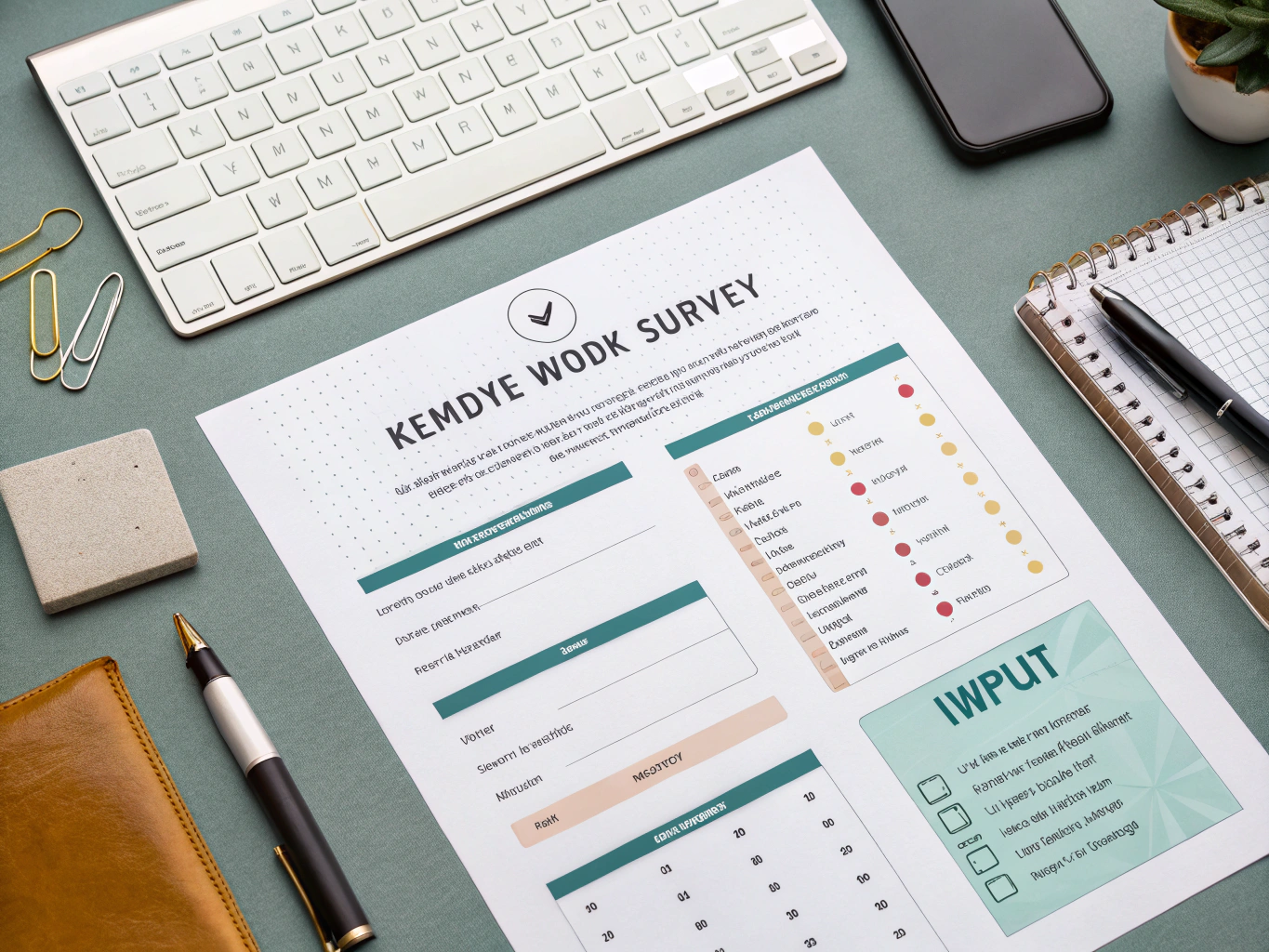What is a Remote Work Survey?
A remote work survey is a strategic tool designed to assess the effectiveness and satisfaction of employees working from home or other remote locations. It gathers insights into their experiences, motivations, and challenges, enabling HR professionals and managers to understand the dynamics of remote work within the organization. This survey can be particularly useful for identifying areas for improvement and enhancing employee engagement in a remote setting.
Template
Below is a template you can customize for your organization’s needs:
Purpose and Benefits
The primary purpose of the Remote Work Survey is to gather valuable feedback that helps organizations optimize their remote work policies. By understanding employee sentiments, HR can create a more supportive and productive environment. Here are some practical benefits:
- Enhanced Employee Engagement: By asking for feedback, employees feel valued and heard, which can increase their engagement.
- Identifying Areas for Improvement: The survey highlights challenges faced by remote workers, allowing HR to address these issues promptly.
- Data-Driven Decisions: Collecting quantitative and qualitative data helps in making informed decisions regarding remote work policies.
- Boosting Productivity: Insights from the survey can lead to tailored solutions that enhance employee productivity and satisfaction.
Essential Components
Your remote work survey should contain the following essential components to ensure its effectiveness:
- Employee Information: Include fields for the employee’s name and date of the survey for tracking purposes.
- Agreement Scale: Use a clear scale for employees to express their level of agreement on various statements.
- Open-Ended Questions: Incorporate space for comments to gather qualitative feedback that isn’t captured by scaled responses.
- Motivation Assessment: Include questions that gauge motivation levels and their impact on performance.
How to Use This Form
To implement this remote work survey effectively, consider the following steps:
- Schedule Regular Surveys: Conduct the survey periodically (e.g., quarterly) to track changes in employee sentiment over time.
- Ensure Anonymity: If possible, allow employees to submit their surveys anonymously to encourage honest feedback.
- Communicate Results: Share the findings with your team and outline any planned actions based on feedback.
- Follow Up: After implementing changes, check back with employees to see if their concerns have been addressed.
Legal and Compliance Considerations
When administering a remote work survey, be mindful of data privacy laws and regulations. Ensure that:
- Personal data is collected and stored securely.
- Employees are informed about the purpose of the survey and how their data will be used.
- Responses are aggregated to protect individual identities.
Best Practices
To maximize the effectiveness of your remote work survey, consider these best practices:
- Keep it Concise: Limit the survey to a manageable length to encourage participation.
- Use Clear Language: Avoid jargon and ensure that questions are straightforward and easy to understand.
- Incorporate Feedback Loops: Encourage employees to provide suggestions for future surveys or improvements in remote work policies.




